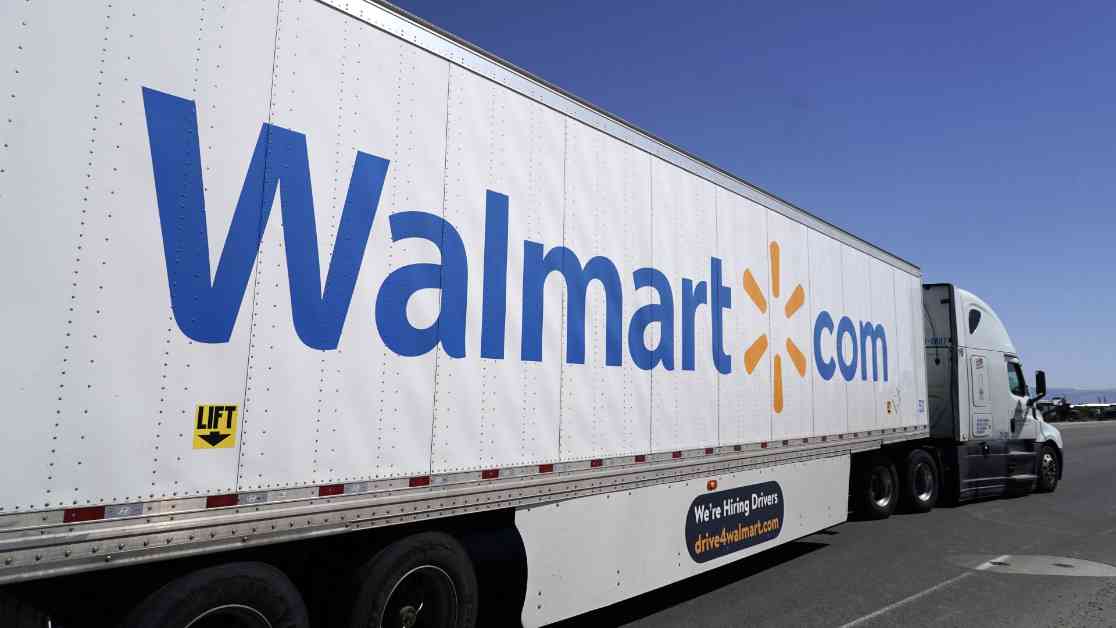U.S. Sues Walmart and Branch Messenger Over Payment Accounts
The Consumer Financial Protection Bureau made waves on Monday with a groundbreaking legal battle against retail giant Walmart and work-scheduling platform Branch Messenger. The lawsuit alleges that the companies engaged in unethical practices by compelling delivery drivers to use problematic deposit accounts to receive their hard-earned pay.
What Happened?
According to the complaint filed by CFPB Director Rohit Chopra, Walmart and Branch Messenger created Branch accounts for over a million drivers participating in the Spark Driver Program since 2021. These drivers, responsible for handling “last mile” deliveries, were left with no choice but to have their earnings directly deposited into these accounts, which were plagued with exorbitant fees and poor management.
Drivers were allegedly threatened with termination if they refused to use the Branch accounts, and they were misled about when they could access their funds. As a result, drivers faced significant delays and fees when attempting to transfer money to other accounts, leading to a staggering $10 million in “junk fees.”
Company Responses
Walmart quickly refuted the CFPB’s claims, denouncing the lawsuit as rushed and filled with inaccuracies. A spokesperson for the retail giant argued that they were not given a fair chance to defend themselves during the investigation.
Branch Messenger also pushed back against the allegations, asserting that the lawsuit misrepresented facts and laws while ignoring crucial details. The company maintains that the CFPB overstepped its bounds with this legal action.
Industry Implications
This legal battle is just the latest in a series of moves by the CFPB to hold companies accountable for mishandling financial accounts belonging to consumers and workers. Similar lawsuits have been filed against major players in the financial industry, including Comerica Bank and the operators of the Zelle payments network.
The outcome of this case could have far-reaching consequences for how companies manage employee payment systems and the gig economy at large. As the CFPB continues to crack down on financial misconduct, it sends a clear message that businesses must prioritize transparency and fairness in their dealings with workers and consumers alike.
In a personal touch, imagine being a delivery driver who relies on timely payment to support your family. How would you feel if your hard-earned money was tied up in an account filled with hidden fees and delays? This lawsuit highlights the importance of protecting workers’ financial rights and ensuring fair treatment in the workplace.



















